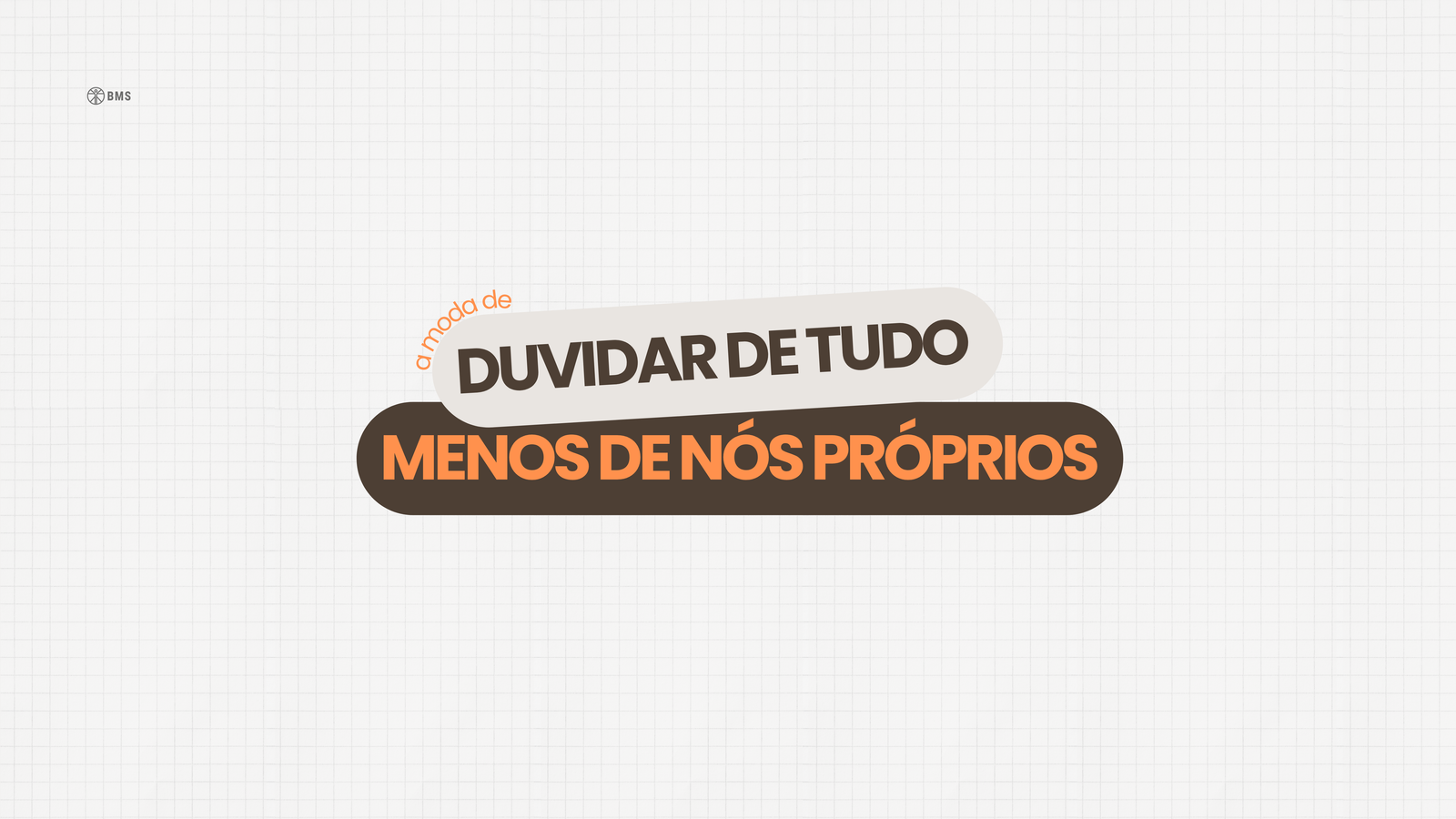Some say we live in the information age. Others prefer to call it the age of confusion. I think it's the age of "I know more than you"—even if that "I" has never opened a book on the subject.
These days, questioning is almost a sport. Everyone has doubts, everyone throws questions into the air as if paving the way to the truth. But the truth? That's already decided before the question is even asked.
It's not uncommon to see someone "asking questions" just to appear smart. "But are you sure fasted training is safe?", "Doesn't it really mean that evening carbs don't make you gain weight?", "What if creatine is really bad for your kidneys?" And you think: great, someone's curious. But then you realize that, regardless of the answer, their opinion is already made up. And that what seems like curiosity is just a shield to keep everything as it is.
This is where the confusion between the skeptic and the denier begins.
The skeptic listens. Analyzes. Changes his mind if necessary. The denialist, on the other hand, covers his ears, opens TikTok, and searches for the video that says exactly what he already wanted to hear. He's not looking to learn more—he's looking to be right.
Do you know anyone like this? That friend who swore fasting was the secret to eternal life... until he passed out during his workout. Or that other one who spent years demonizing fat and is now a devotee of butter in his coffee. But there's an important difference between someone who changes because they studied and someone who changes because someone on Instagram has abs and an inspirational quote.
There are professionals who spend their lives studying, testing hypotheses, challenging what they believed. They are the ones who know that science changes, that contexts matter, that not everything is black or white. They deserve our respect. Because thinking is hard work. It demands humility. And sometimes it hurts.
Because it's hard to admit we've been wrong. That we've defended flawed ideas. That we've given advice based on shaky premises. But that's where true intellectual honesty comes in. Knowing how to let go of an idea, even if it's been with us for years.
The problem isn't the questions. It's the refusal to listen to the answers.
And in the midst of all this, there are consequences. People who postpone treatment. Who refuse help. Who follow extreme diets just because someone "seemed confident." People who no longer care what's true—they just want to be right.
Critical thinking is a powerful weapon. But if we use it only to eliminate everything that doesn't fit with what we already believe… then we're not thinking. We're just protecting our pride.
And pride, unlike science, has never saved lives.

